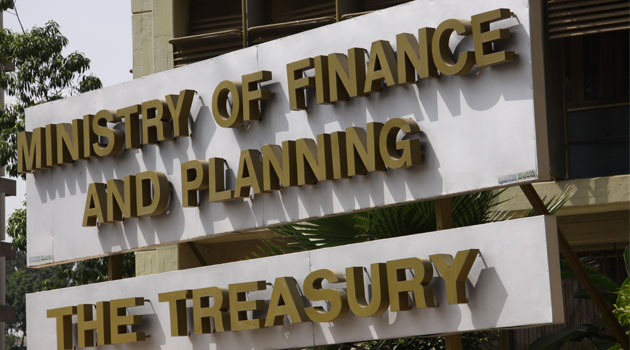
The team noted that the country needs to have enough to support closing infrastructure gaps, supporting an orderly devolution process, and strengthening the social safety net/file
The team noted that the country needs to have enough to support closing infrastructure gaps, supporting an orderly devolution process, and strengthening the social safety net.
The mission led by Mauro Mecagni, visited Kenya from 20 May 2015 to 2 June 2015 to conduct discussions on the first review under the precautionary Stand-By Arrangement and an arrangement under the Stand-By Credit Facility (SBA/SCF).
Kenya and the IMF agreed on a stand-by loan deal to support the country’s economic reforms and give it a cushion against external shocks.
The team noted a higher expenditure in the last quarter of 2014/15 on enhanced efforts to improve security conditions following the Garissa attack and budgetary support for the weakened tourism industry. These factors are expected to carry over into 2015/16 Financial year.
The mission noted that Kenya’s economy remained resilient in the face of headwinds, with real GDP projected to grow by around 6.5 percent in 2015, supported by rising infrastructure investments, lower energy prices, and a dynamic private investment environment.
Inflation also remained within the government’s target range, declining to below 7 percent in May partly due to lower prices of some domestic food crops.
On the other hand the external current account deficit widened to about 10 percent of GDP in 2014, reflecting the strength of capital goods imports and a decline in tourism receipts owing to ongoing security concerns.
“Consistent with developments in international financial markets, as of end-May the Kenyan shilling depreciated against the US dollar by 7.8 percent, but appreciated against the euro by 2.8 percent from the beginning of the year. The CBK stepped up its monetary operations and has intervened in the foreign exchange market to mitigate heightened volatility of the shilling in recent weeks, “Mecagni said.
The mission met with the Cabinet Secretary for the National Treasury, Henry Rotich; the Principal Secretary for the National Treasury, Kamau Thugge; the Deputy Governor of the Central Bank of Kenya (CBK), Haron Sirima; members of the CBK Monetary Policy Committee, and other senior government officials.
Staff also had productive discussions with parliamentarians, representatives of the private sector, and development partners.



































